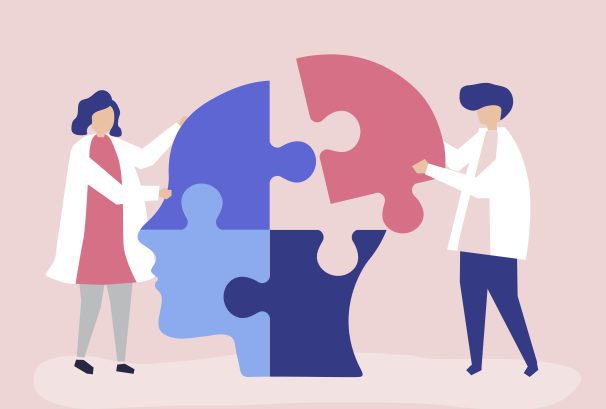
How Cognitive Behavioral Therapy Helps Prevent Addiction Relapse
November 18, 2025

Addiction recovery is a journey filled with challenges, and maintaining sobriety long-term can bee intimidating. While occasional setbacks are a natural part of the process, Cognitive Behavioral Therapy (CBT) offers a powerful path forward. At CNSL, we understand the complexities of this journey and are committed to guiding you toward a brighter future, helping you not only achieve sobriety but also sustain it with confidence. CBT provides effective strategies to navigate triggers and build resilience, empowering you to maintain your progress and thrive.
CBT helps prevent relapse by:
- Identifying and changing negative thought patterns that trigger substance use
- Teaching practical coping skills for managing stress and cravings
- Building awareness of triggers and high-risk situations
- Developing healthier responses to difficult emotions
- Creating long-term strategies for maintaining sobriety
What is Cognitive Behavioral Therapy?
CBT is a type of talk therapy that focuses on the connection between thoughts, feelings and behaviors. This evidence-based approach helps individuals identify harmful thinking patterns and replace them with healthier alternatives.
At its core, CBT teaches you to spot negative thoughts that fuel addictive behaviors and develop more balanced perspectives. Rather than dwelling on the past, CBT focuses on present-day challenges and builds practical skills you can use immediately.
Which CBT techniques help prevent relapse?
CBT offers several powerful techniques specifically designed for addiction recovery and relapse prevention:
Thought Tracking and Cognitive Restructuring
This involves keeping a record of negative thoughts and examining the evidence for and against them. You learn to challenge distorted thinking patterns like “I’m a failure” or “I can’t handle stress without substances” and replace them with more realistic thoughts.
Identifying and Managing Triggers
CBT helps you recognize the people, places, emotions, and situations that increase your risk of using substances. Once you identify these triggers, you can develop specific strategies to avoid or cope with them effectively.
Developing Healthy Coping Skills
Instead of turning to substances when faced with stress or difficult emotions, CBT teaches alternative coping strategies:
- Deep breathing and relaxation techniques
- Mindfulness and meditation practices
- Regular exercise routines
- Problem-solving skills
- Social support networks
- Healthy sleep habits
- Journaling and self-reflection
Managing Cravings and Urges
CBT provides tools for handling cravings when they arise, including techniques to “surf the urge” until it passes naturally and strategies for distraction and refocusing your attention.
Why choose CNSL for CBT treatment?
At CNSL, we understand that recovery is a personal journey that requires compassionate, individualized care. Our experienced therapists use CBT alongside other evidence-based treatments to build personalized treatment plans that address your specific needs and circumstances.
We provide CBT in various formats, including individual therapy sessions, group therapy, and family therapy involvement. This comprehensive approach ensures you have multiple sources of support and different ways to practice the skills you’re learning.
Our non-judgmental environment allows you to explore your thoughts and behaviors safely while building the confidence and tools needed for lasting recovery. We believe in your ability to heal and are committed to supporting you every step of the way.
Achieve Lasting Recovery
CBT has proven to be one of the most effective approaches for preventing addiction relapse. By learning to identify triggers and change negative thought patterns, you can build a strong foundation for long-term sobriety. Contact CNSL today to learn more about how our CBT programs can support your recovery journey and help you build the skills needed for a fulfilling, substance-free life.
We Want To
Hear From You!
We welcome any and all questions! For anything
that may require a general response, feel free to
leave a message, and we will respond in a timely
manner. For questions specifically for our clinicians,
please call our office.
Call: 678.384.4911




